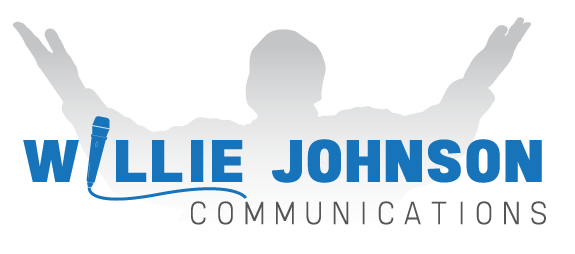I hear people say “do the right thing” all the time. However, when I take a deeper look, many times I see that they were just spouting words they really didn’t believe in. What a shame! I have seen this scenario played out entirely too many times, which has prompted me to write this blog. Here goes:
Knowing what is right is critical to good ethics in your work environment and business ventures. This sounds easy enough, but beyond generalities, in far too many circumstances, it seems to be impossible for people to agree on what is “right.” I know many will disagree with this, however, it is what it is. Therefore, when debating whether an action is ethical, I challenge you to put it through a litmus test.
Outside of science and politics, we do not think about litmus tests often, however, we actually use them all the time. We put people through litmus tests for compatibility when considering a friend or relationship. We put places through litmus tests when deciding where to live; and we filter out food, clothing and all kinds of things through an array of tests, whether recognized or not. Yes, we use litmus tests all the time to judge good, bad, right and wrong.
Think of an ethical decision in your workplace or your business venture. Maybe you struggle with how to present your service ethically or how to use company property, or whether to follow a particular policy. Consider, if you will, the following five (5) ethical litmus tests to help you decide what the right thing is to do. Answering “NO” to one or more of the following tests would suggest that you need to either develop an alternative strategy or seek help on the issue.
- Honesty Test: At the most basic level, is your action honest? Think “big-picture honesty,” not what your small circle of influence deems as being honest. Our society has generally accepted principles of telling the truth. Every child knows what a lie is. We adults made the concept way too complicated with our “What if’s”, “buts”, and rationalizations.
- Legal Test: Ethical people obey the law, even if they do not agree with it. In addition to this, an ethical person stays informed so he or she does not end up in a crisis due to ignorance. This is especially critical in the workplace. Outside the workplace, it is somewhat easy to stay out of trouble if you simply drive the speed limit, pay your taxes, and keep your nose out of trouble. However, in the workplace, obeying the law requires diligence to keep on top of the numerous policies, ethical codes, legal issues, standard operating procedures, and so on. The stakes are high, and life can get complicated very quickly in the professional world.
- Conscience Test: This test is the most subjective. Although feelings can be unreliable, there is significance to your conscience. When considering an action, can you do it in good conscience? Can you look back with no regrets and sleep well at night? This is not an emotion, but a gut feeling that runs deeper than feelings of greed, stress, or anger. Listen to what your conscience is telling you, and if you feel uncomfortable with something, take note. Do not ignore it.
- Consequences Test: Actions have consequences. These are governed by policies, laws, and social values. Be ready for them. Step outside your world and understand the consequences, both intended and unintended, of your actions. Ask the practical who, what, and where questions, and do not forget the “people factor.” How will your ethical decisions affect them?
- Publicity Tests: If everyone knew about your actions, would you still do it? You should be able to do business in the open without worrying about who is watching you. Therefore, before you consider doing something, imagine how you would feel if it were reported on the evening news.
These tests are not a check-off list for a crisis, but rather a part of a pattern of behavior that should become an ingrained part of your “Character” and last a lifetime.
